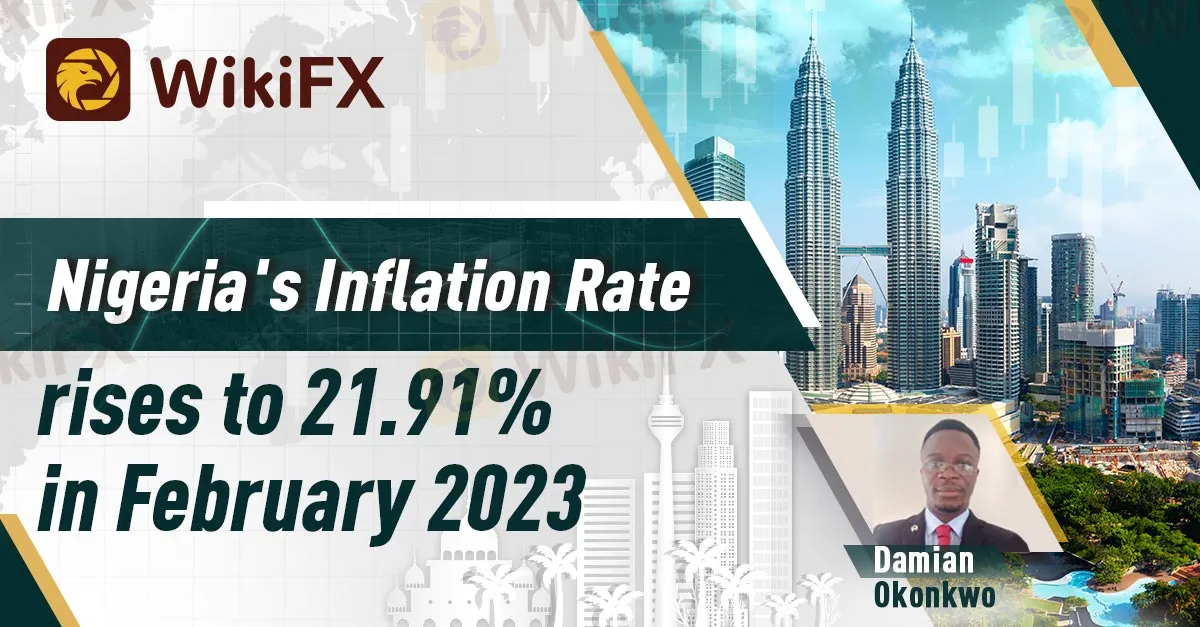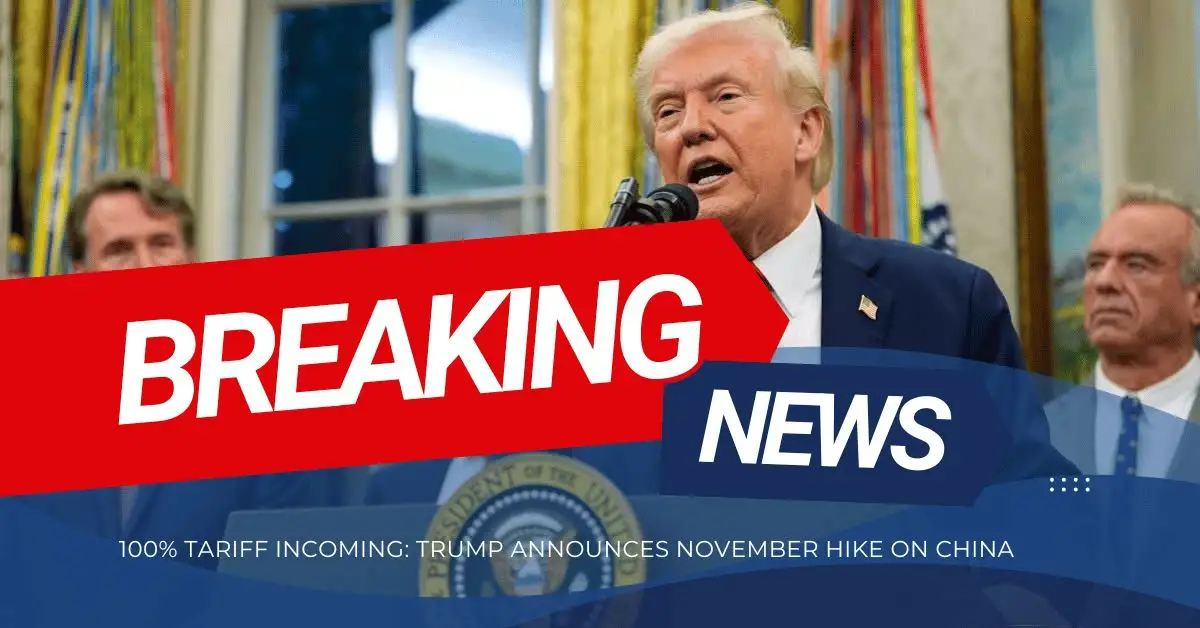Abstract:Nigeria's inflation rate increased to 21.91% in February marking a second consecutive increase since 2023.

By: Damian Okonkwo

Nigerias inflation rate has continued its upward trajectory, rising to 21.91% in February 2023, according to data released by the National Bureau of Statistics (NBS) last week.
This marks the second consecutive month that the inflation rate has risen, and it is the highest it has been since April 2018. In January 2023, the inflation rate stood at 21.82 last month, indicating an increase of 0.09 percent. This is based on the information disclosed by the National Bureau of Statistics, NBS, last week's Wednesday.
On a year-on-year (YoY) basis, the inflation rate was 6.21 percent higher compared to the rate recorded in February 2022, which stood at 15.7 percent.
The higher increase in inflation was driven by the increase in food prices. The food inflation rate rose to 24.35 percent on a YoY basis in February which is 7.24 percent higher compared to the rate recorded in February 2022 when it stood at 17.1 percent.
The NBS attributed the rise in food prices to a combination of factors, including supply chain disruptions caused by insecurity in some parts of the country, as well as the high cost of transportation.
The core inflation rate, which excludes the prices of volatile agricultural produce, also increased to 16.56% in February 2023, compared to 16.05% in January 2023. This indicates that the rise in inflation is not solely driven by food prices but is also a reflection of higher prices across other sectors of the economy.
The persistent rise in inflation is a cause for concern for Nigerians, as it erodes the purchasing power of consumers and makes it more difficult for businesses to operate. It also puts pressure on the Central Bank of Nigeria (CBN) to take action to address the issue.
The CBN has been taking measures to curb inflation, including raising interest rates and implementing policies to support local production and reduce imports. However, these measures have yet to have a significant impact on inflation.











